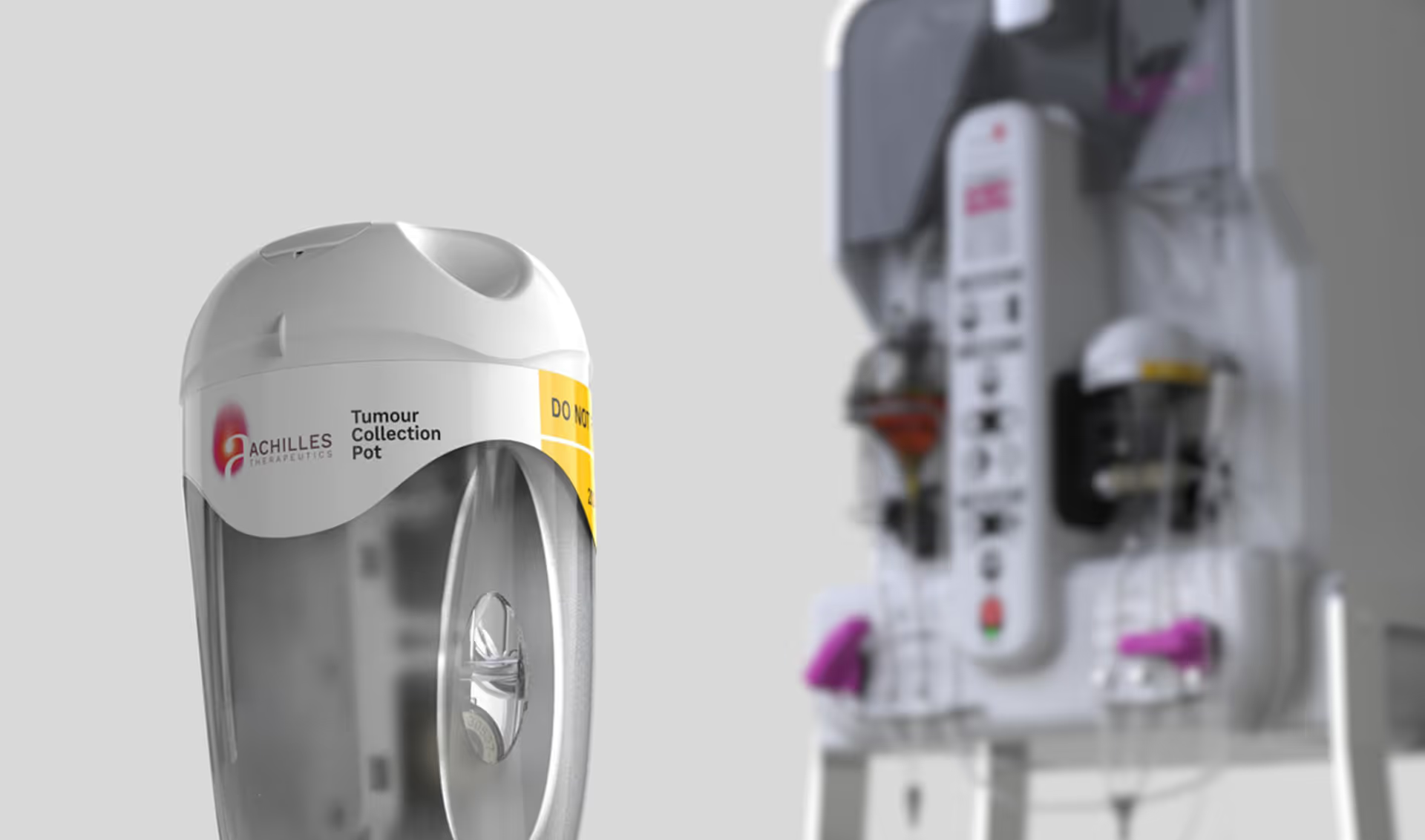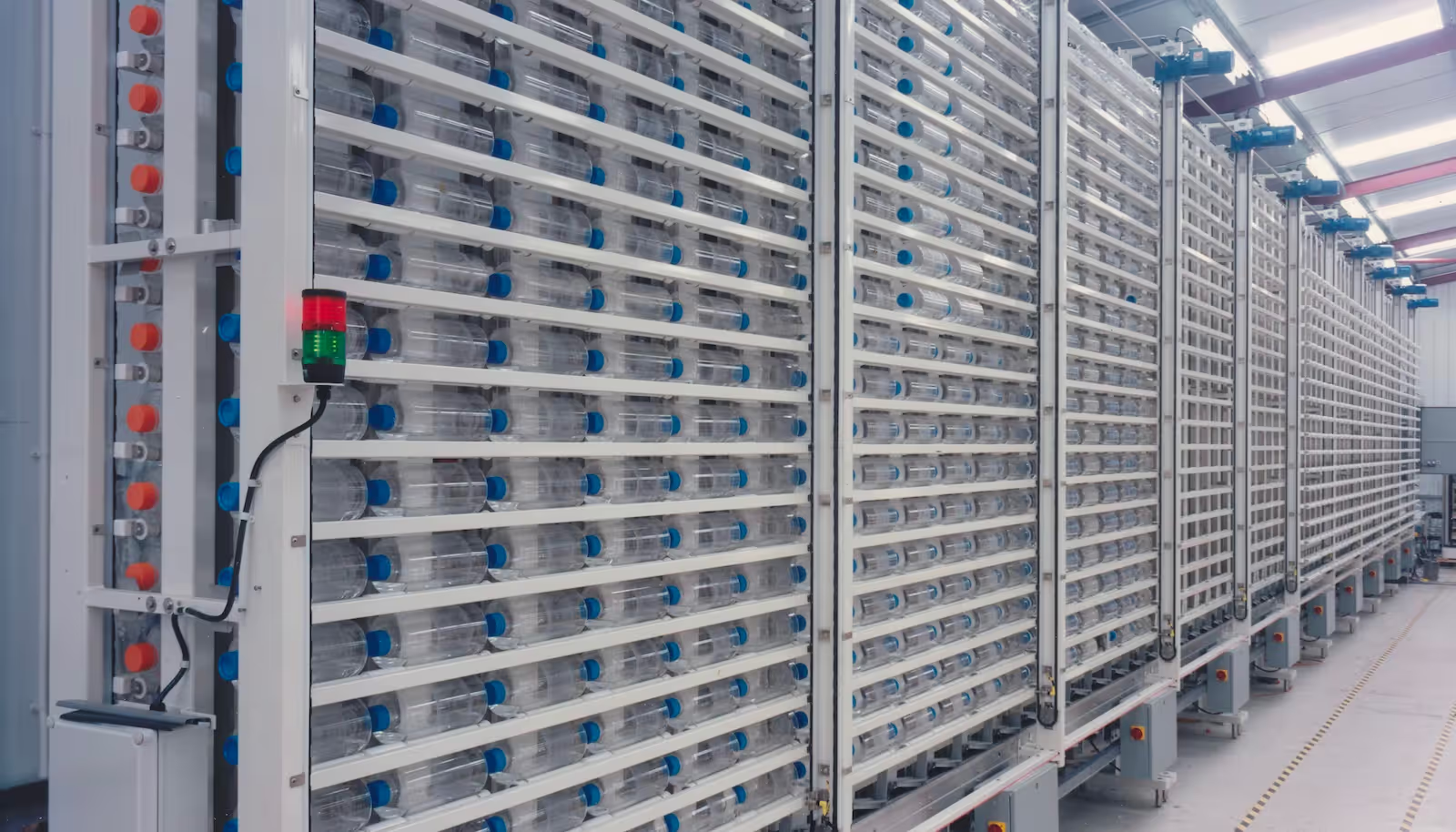- TTP and CellFiber working together to enable scalable cell production for use in cell and gene therapies.
- CellFiber’s expansion technology will enable affordable cell production with a higher yield and product quality at scale.
- The technology is applicable to a range of cell types including iPSCs, MSCs, T cells and NK cells.
- Partnership set to revolutionise use of cell and gene therapies across a wide range of diseases.
Cambridge, UK, 13 January 2022: TTP plc, a world-leading independent technology and product development company based in Cambridge, has announced a new strategic partnership it believes could revolutionise the manufacture of life-saving cell therapies.
Stem cell therapy has been shown to have a transformative impact in the treatment of some of the world’s most devastating diseases, including advanced Parkinson’s disease, cancer, diabetes and heart disease.
However, there are significant challenges involved in producing large quantities of these cells. The complex and delicate nature of cell production means that it is difficult to do at scale and in a way that could help millions around the world.
Through their new partnership, TTP – which has previously delivered cell processing systems ranging from desktop systems for start-ups to full bioprocess facilities for multinational pharmaceutical and biotech companies such as Amgen and Sphere Fluidics - will enable CellFiber to turn its R&D technology into a scalable GMP instrument that can be used to enable affordable production of cells for cell and gene therapies in a small footprint. CellFiber is a start-up founded out of University of Tokyo with a unique cell culturing technology that can enable dramatic cost reductions in cell production.
CellFiber’s technology consists of a porous, hollow and uniform gel tube that encapsulates the cells to be cultured. The tube is just hundreds of micrometres in diameter but is kilometres long. Cells are encapsulated in the tube and then cultured in a standard bioreactor, such as a wave bioreactor, to achieve high rates of cell expansion (e.g. from 20 million cells to 13 billion cells over 10 days).
The CellFiber technology holds a significant advantage over existing expansion technologies for cell production as it protects the cells from shear stresses in the bioreactor and enables higher density cell culture, requiring a significantly smaller footprint for manufacturing and, therefore, reducing costs and improving yield. Furthermore, it provides a consistent microenvironment, from lab to scale, easing process development.
TTP believe that their experience in designing systems for production at scale, combined with CellFiber’s technology, has the potential to revolutionise the production of cell therapies.








